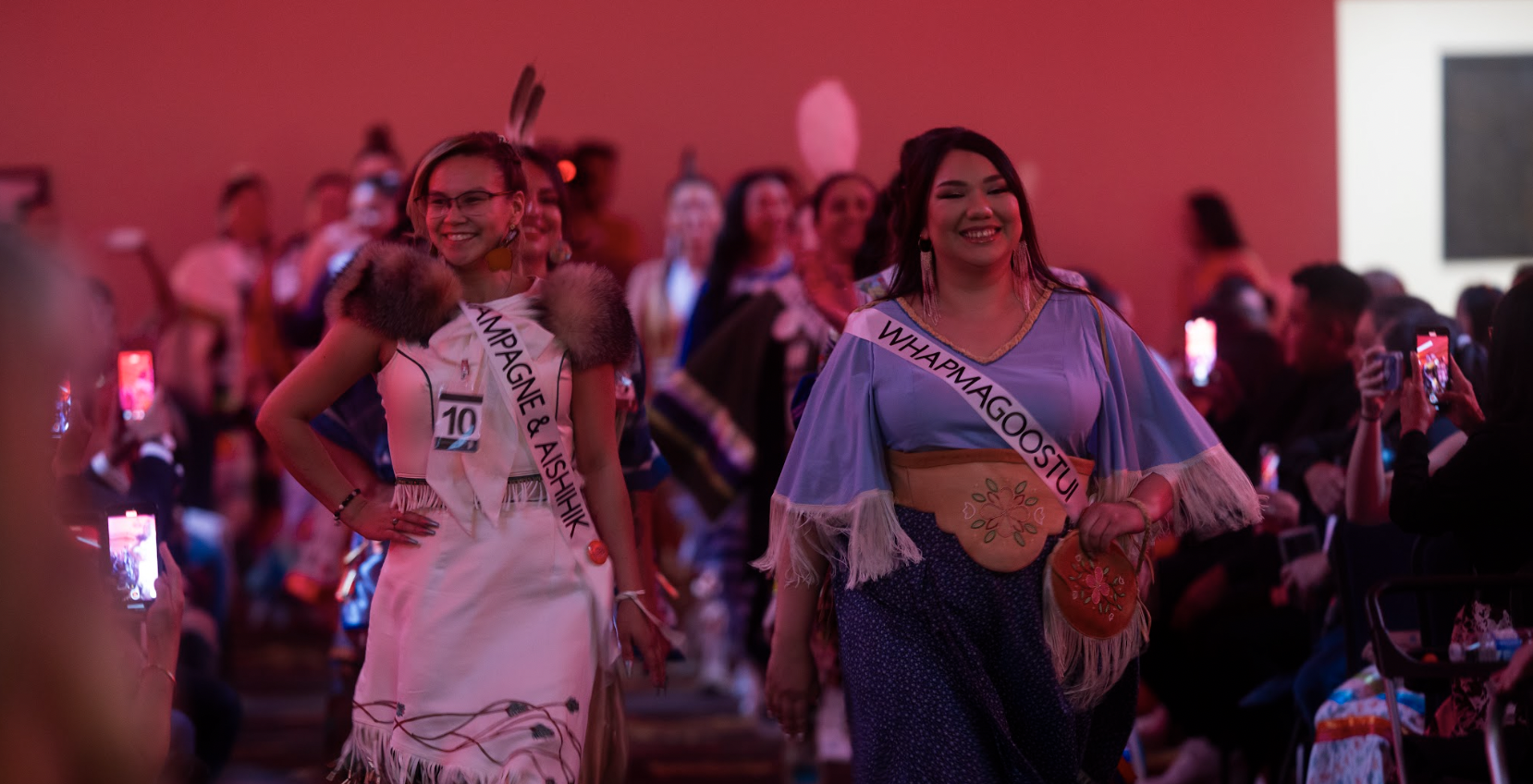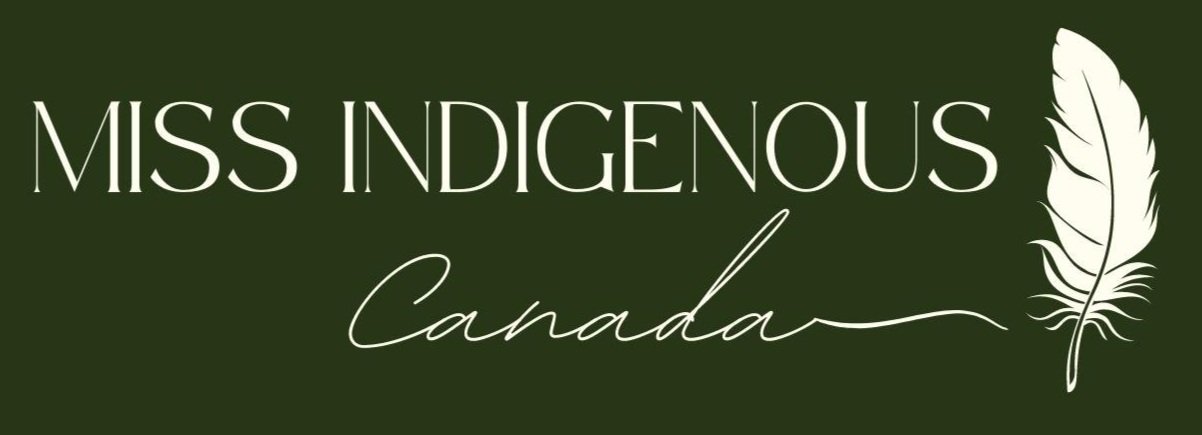
Frequently Asked Questions
Here are some answers to commonly asked questions. If you have a question not listed, you can contact the Miss Indigenous Canada Committee.here
How much does it cost to enter?
All contestants are required to submit a non-refundable entry fee of $1600.
Entry fee includes:
Meals
Accommodations
Official MIC Contestant sash
Prizes
Gift Bags
Workshops
Guest Speakers
Tours & Activities
Welcome Dinner Party
Round trip transportation from pageant activities to host hotel
Digital copies of official pageant night photos
Entry Fee Does NOT Include:
Travel Expenses
Wardrobe
Hair & Makeup
Personal Expenses
Final show tickets
What areas of competition are there?
Contestants are assessed in the following categories: interview, cultural presentation, essay, community scrapbook, and overall impression, which all make up the preliminary score. During the final show, the top scoring contestants will be judged in the final question competition. Further information on judging, requirements, and more will be provided in the Miss Indigenous Canada Contestant Handbook.
Where/when will the pageant be held?
The activities and competitions of the Miss Indigenous Canada Pageant will be held on Six Nations of the Grand River, Ontario from July 23rd-26th 2025. The program will begin Wednesday evening and conclude after finals on Saturday night. A detailed itinerary will be provided prior to arrival.
What does the pageant weekend entail?
Pageant weekend is a fun filled, retreat-style event that includes workshops, activities, guest speakers, museum tours, rehearsals, and the final pageant. Contestants will have the opportunity to make friends, share about themselves, their cultures, their communities, and learn from others.
How do I apply?
Visit the “Apply Now” page, and fill out your information. You will receive an email with further instructions on completing a detailed application. Once your application is accepted, you will have a virtual meeting with a member of the Miss Indigenous Canada committee and the opportunity to ask any questions you may have.
Do I need to have pageant experience?
You do not need experience to enter! We are not a beauty pageant, and we focus solely on character, community service, cultural involvement, and ambassadorship. All you need is a good attitude, a passion for community, and a love for your culture.
Do I need to be an “expert” on my community/culture to enter?
Miss Indigenous Canada is not a contest of who is the most connected, knowledgeable, or traditional. We are looking for women who love their communities, their cultures, and are looking for an opportunity to grow and learn. We welcome Indigenous women at any point in their journeys. We believe that your Indigenous experience is valid and important, and this ties into representing all Indigenous folks and experiences across the country.
How do you verify Indigenous identity?
We have adopted the similar processes to many organizations when approaching verification of Indigenous identity. Applicants who have status or are a member of a Métis or Inuit organization can submit their proof of status/membership. Applicants who do not have a status or membership card can submit a letter explaining their background and belonging alongside a supplementary letter from their community leadership.
Why do you use the word “Canada” if many Indigenous peoples do not identify as Canadian?
This was thoroughly considered prior to the creation of this pageant. One of the main reasons this pageant was founded is the fact that there are not many Indigenous specific pageants outside of a handful of community specific, regional competitions, meaning that many Indigenous women do not have opportunity to participate in culturally focused pageants. Additionally, there are no competitions specifically geared to Indigenous women who reside in Canada. The political climate and political identities of Indigenous Peoples in Canada are complex and unique, and gearing the competition to those who experience these complexities is one of our goals. The use of the word is purely to represent the geographical and historical representation and background of those who will participate in the competition while also allowing women from various and diverse Indigenous groups to compete.








